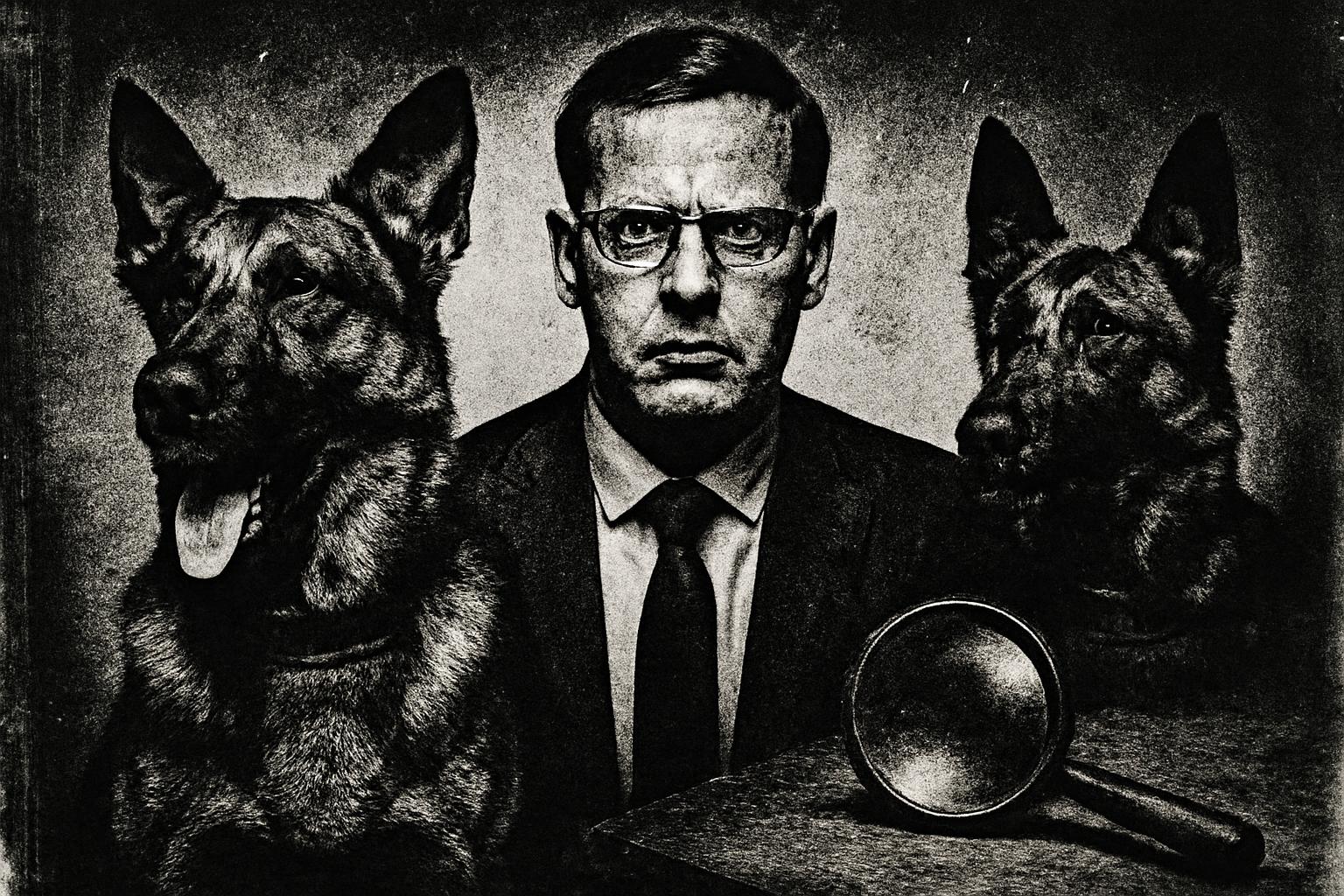Silvia Breher will take on both the national animal welfare commissioner role and a high-level secretary post at the agriculture ministry. She backs mandatory video surveillance in slaughterhouses to boost transparency, ease barn renovation rules to lift welfare standards, create a regulatory framework for online animal sales, and boost support for animal shelters run largely by volunteers. The dual role has drawn criticism over independence, especially as investigations linger at a NRW slaughterhouse. She succeeds Ariane Kai, and supporters say the arrangement could trim bureaucracy and push welfare goals forward, with officials noting potential cost savings from a smaller office budget.
This whole setup stinks of the same old trick dressed in welfare robes. A watchdog, a policy maker, all in one body, reporting to the same ministry that writes the rules and signs the checks. Independence? Sure, if you’re deaf and blind. They trot out “transparency” and “modernization” like it’s magic, but bottom line: the watcher is tethered to the leash that pays the bills. And with NRW investigations still swirling, the timing screams: weaponize controversy into credibility, then claim a productivity miracle while the bodies of reform are stitched up with budget threads.
Let’s talk about the surveillance fantasy. You’re telling me adding cameras in slaughterhouses fixes morality and oversight? Fine in theory, but who controls the footage, who audits it, who prosecutes? If the same ministry writes the rules and decides what’s a violation, you’re watching a show curated by the very people you’re supposed to be watching. That’s not transparency—that’s a self-contained narrative with a built-in escape hatch.
And the budget angle? “Cost savings” sounds noble until you realize it’s a clever way to shrink enforcement muscle. Fewer inspectors, leaner offices, more room for press releases about “efficiency” while real oversight dulls to a whisper. They’ll wave the volunteers and shelters like banners, as if devotion by donors and neighbours makes up for systemic oversight gaps. The plan pretends to empower animal welfare, but it’s really about power consolidation, budget gymnastics, and control over the story that reaches the public.
Welfare groups aren’t fools. They smell the conflict of interest from miles away and worry the watchdog is becoming the gatekeeper of the very rules it’s supposed to scrutinize. This isn’t a principled leap for animal welfare; it’s a political shortcut that oozes centralization, branding, and speed over genuine, independent scrutiny. If this is reform, show me a real, independent mechanism that can bite when the data says “problem,” not a single person wearing two hats who can blink and call it progress.
